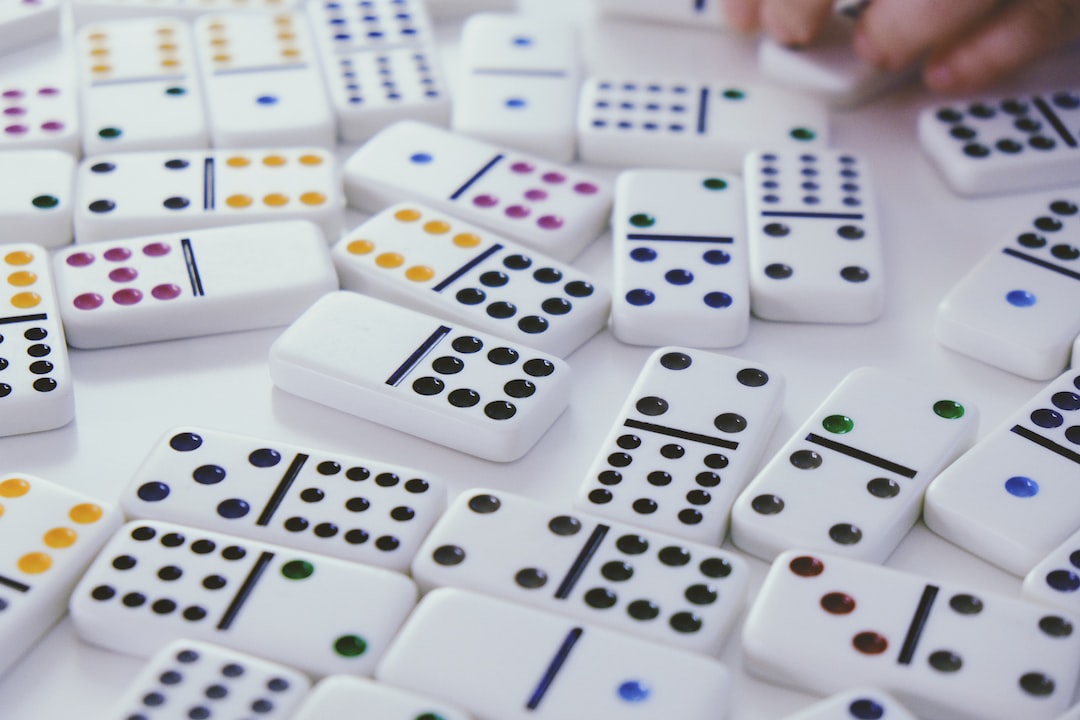Gaming Addiction: Recognizing the Signs and Seeking Help
In recent years, gaming addiction has become a growing concern among individuals of all ages. With the increasing popularity of video games and online gaming communities, it’s important to recognize the signs of addiction and seek help if necessary. Gaming addiction, also known as internet gaming disorder, can have detrimental effects on an individual’s physical, mental, and social well-being. Let’s explore some common signs of gaming addiction and the steps one can take to seek assistance.
One of the key signs of gaming addiction is an uncontrollable urge to play video games. Individuals with gaming addiction often find themselves obsessing over gaming, to the point where it interferes with their daily activities and responsibilities. They may spend increasing amounts of time gaming, neglecting school, work, relationships, or personal hygiene. Another symptom is the inability to stop gaming, even when faced with negative consequences such as academic failure or relationship problems.
Physical signs of gaming addiction can manifest as well. Individuals may experience fatigue, headaches, eyestrain, or even carpal tunnel syndrome due to long hours of gaming. Lack of sleep and poor nutrition are also common consequences of excessive gaming. Additionally, the sedentary nature of gaming can lead to weight gain, muscle weakness, and overall deterioration of physical health.
Mental health is also heavily impacted by gaming addiction. Individuals may develop symptoms of withdrawal when they are unable to play games, such as irritability, restlessness, or depression. They may lose interest in activities they once enjoyed, experience difficulty concentrating, or have an overall decline in academic or work performance. Gaming addiction can also contribute to social isolation and a decrease in real-life social interactions. Many individuals with gaming addiction feel more comfortable interacting with online gaming communities rather than engaging in face-to-face interactions.
Recognizing the signs of gaming addiction is the first step towards seeking help. If you or a loved one suspect an addiction, it’s important to consult a healthcare professional or addiction specialist who can assess the severity of the problem. Seeking help from a professional is vital as they can provide guidance, support, and appropriate treatment options.
One therapeutic approach to gaming addiction is cognitive-behavioral therapy (CBT). This type of therapy helps individuals identify and challenge their unhealthy thoughts and behaviors related to gaming. It aims to develop healthy coping strategies and provide individuals with the tools needed to manage their gaming habits more effectively. Another option is family therapy, which involves the participation of family members to address the impact of gaming addiction on relationships and foster healthier dynamics.
In addition to professional help, individuals can take proactive steps to manage their gaming habits. Setting limits on gaming time, creating a schedule for gaming sessions, and finding alternative activities to engage in can assist in breaking the cycle of addiction. Support from friends and family is also crucial during this process.
It’s important to recognize that seeking help for gaming addiction is not a sign of weakness but a brave step towards reclaiming control over one’s life. Society must also address the issue by promoting digital literacy and responsible gaming habits among individuals of all ages. By understanding the signs of gaming addiction and taking steps towards seeking help, we can combat the detrimental impacts of excessive gaming and promote healthier lifestyles.

